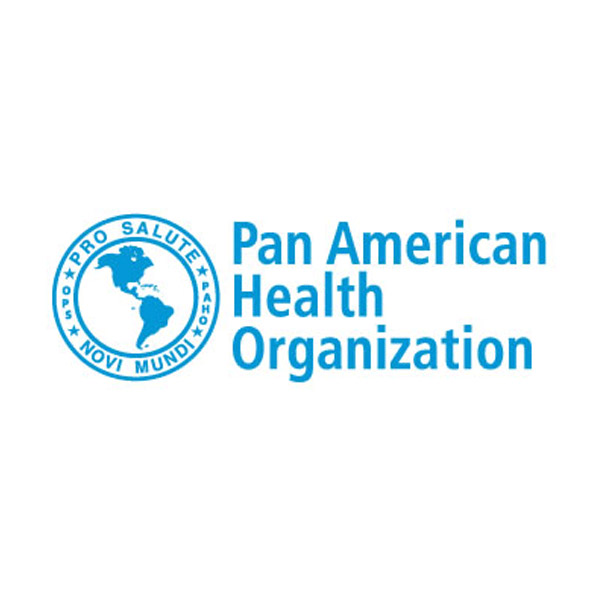“The number of people affected remains unacceptably high for a disease that should no longer exist,” Dr. Marcos Espinal, Acting Assistant Director of PAHO said. “We must redouble our efforts to stop the chains of transmission and syphilis from spreading, both in vulnerable populations and in pregnant women and newborn children. Treatment is available and affordable.”
An estimated 4.6 million people have syphilis in the region, according to the Epidemiological Review of Syphilis in the Americas launched last month by PAHO. In 2020, countries reported 29,147 cases of congenital syphilis, and preliminary figures reported to PAHO for 2021 indicate more than 30,000 infections transmitted via mother-to-child.
Syphilis is a sexually transmitted disease that can cause neurological, cardiovascular, and dermatological disorders in adults. It can also be transmitted from mother to child during pregnancy, and can cause miscarriage, fetal death, prematurity, or severe disabilities in newborns.
In 2016, nations around the world pledged at the World Health Assembly to mitigate new cases of syphilis by 90% between 2018 and 2030 and to reduce new cases of congenital syphilis to less than 50 per 100,000 live births. Currently, the incidence of congenital syphilis in the region of the Americas is 200 per 100,000, well above the target required to achieve elimination.
Nations should also implement awareness and education strategies for health care workers and the population, and to fight stigma and discrimination against the populations most disproportionately affected – such as sex workers and men who have sex with men – to remove barriers in access to prevention and care.
pll/mem/znc










